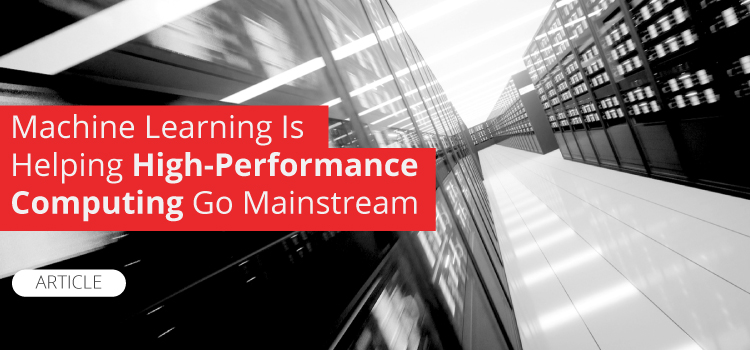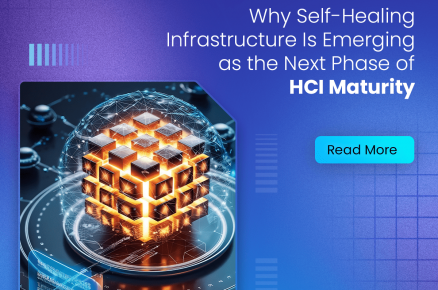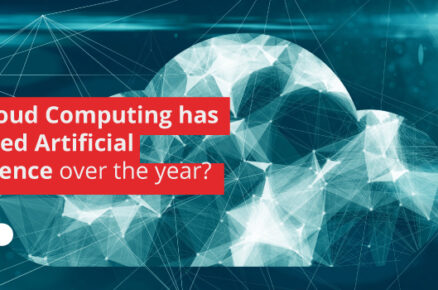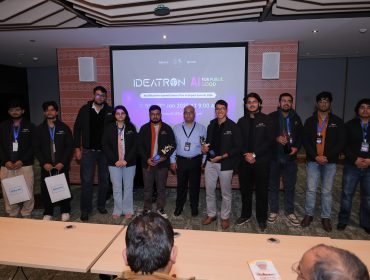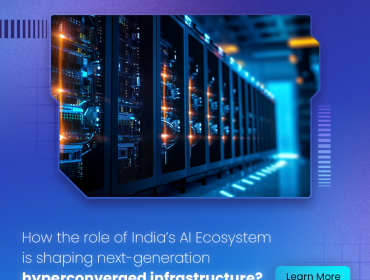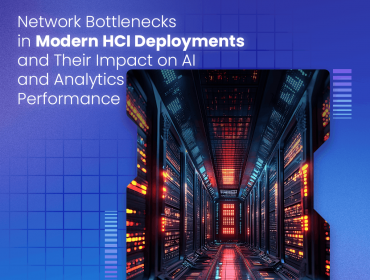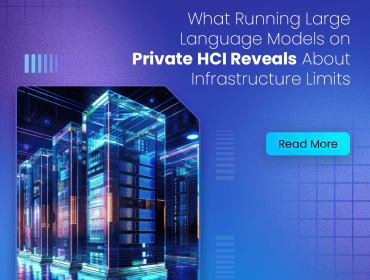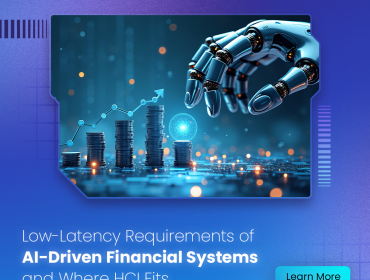Before diving right into this scenario, one should understand what the words “High Performance Computing” and “Machine learning” comprise. Both of these technological advancements provide solutions in enhancing the efficiency of processing large quantities of data. Machine learning applies Artificial Intelligence that give computer systems the ability to extract data and use it to automatically learn and improve without needing the assistance man to program.
To elaborate, ML when fed with a certain set of data, builds an algorithm based on them, acting as the model that identifies patterns and make predictions when new data comes in. Therefore, more data means a better model resulting in better accuracy. While this may sound complex, in this digital age we produce an abundance of data consistently and our computers have improved their memory handling capacities resulting in enhanced data processing powers.
Therefore, if you think about it, self-learning capacity in a computer has been the only missing link and with its emergence it has brought an opportunity to further distanced human involvement in collection, analysis & management of data.
Now let’s divert our attention to “High Performance Computing”, otherwise known as HPC. HPC is a compilation of computing powers that are too large for average computers to handle. A normal computer when faced with huge amounts of data will take an extremely long amount to process and will inevitably slow down the process of research. This is where HPC, even known as “Super computers” come in.
An HPC use multiple computers connected to each other, which means it has the power of multiple cores per processer to help solve a problem faster. This service is used in many industries now that involves more research. One might gather the hugeness of this entire process but learning about the variety of methods this can be deployed to your convenience will provide the assurance needed. HPC activity can run on a cluster that is both based on premise as well as on the cloud. Now research on this area is still emerging, but some have found out that data processing takes place faster on a cloud based HPC compared to an “On-premise” HPC.
Increased efficiency on a cloud based HPC is a result of many factors. Basically, being based in the cloud, maximizes scale, computing power, storage capacity while providing a global presence, robust and automated networking abilities to ease the load off of those employees involved.
This is where Machine learning comes in to give a feasible solution to those with specialized workloads with high computing requirements looking into investing on an HPC. Whether you are involved in academic or medical research to financial modeling, the need to simplify and enhance efficiency is an upgrade looked for by all at one point. Combining AI with cloud based HPC is much faster than typical servers. Especially for some businesses investing in such a large project posed barrier, specially taking the HPC infrastructure needed. They couldn’t understand whether the cost incurred would justify the benefits enjoyed through an HPC.
While cloud based HPC services are comparatively inexpensive, the question of needing to eventually move a part of their HPC to physical locations that would allow them to have more control over workloads creates doubt and hesitation. This is where the collaboration of AI/ML and HPC proves beneficial as it enables organizations to train systems while HPCs provide needed storage, management and analytical power to maximize efficiency in the output of insights. This allows companies to save money and energy on “testing phases” and dive right into processing data while continuing to learn, adapt and enhance.
Tyrone offers a range of High Performance Computing (HPC) solutions, developed using leading industry-standard building blocks and best-in-class partner products, which can deliver exceptional performance and manageability at a fraction of the cost of competing solutions
Get in touch: info@tyronesystems.com


